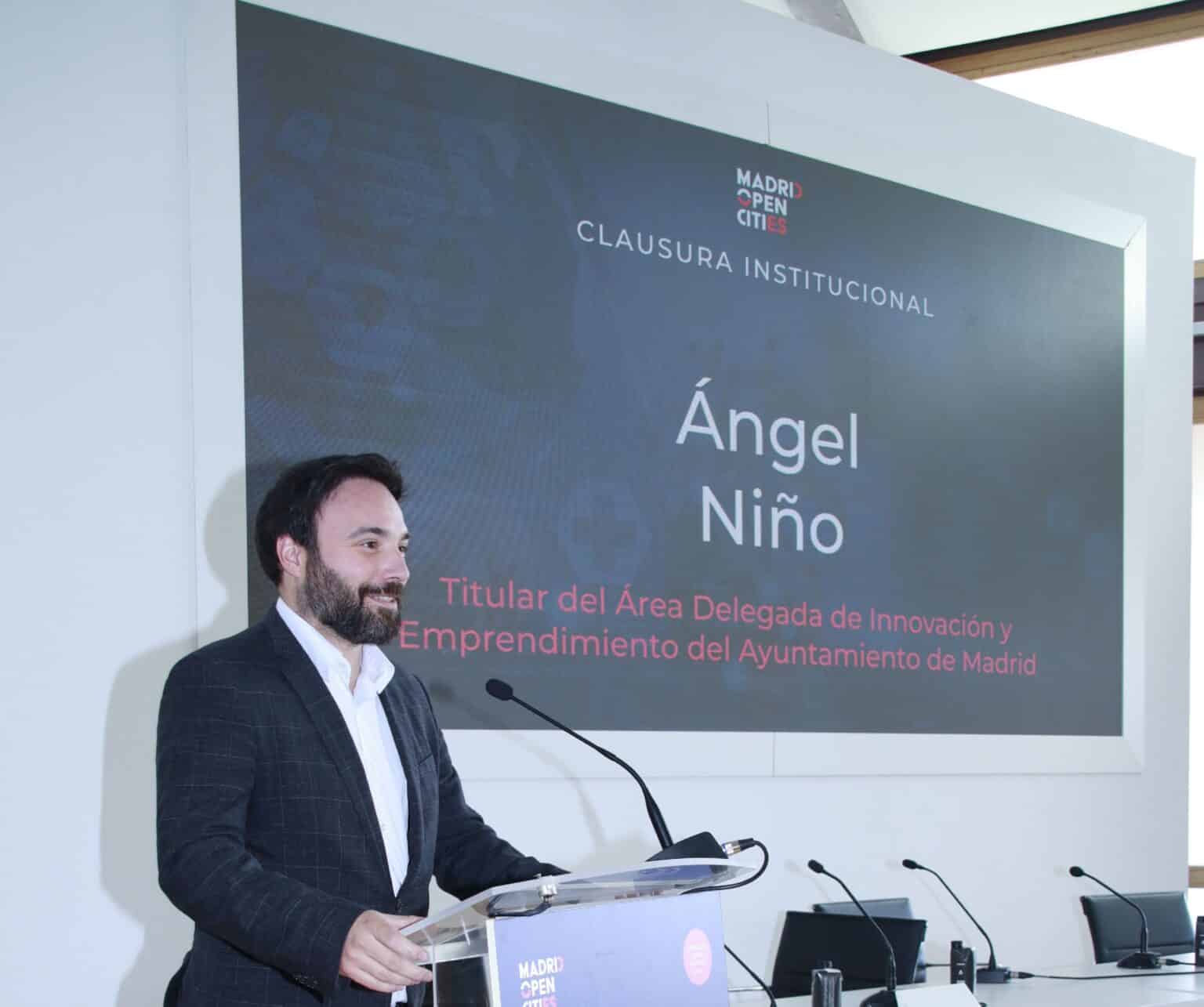Here’s the translation to American English:
—
The event “The Future of the Health Sector in Madrid,” organized by Madrid Open Cities, took place this Wednesday at the Official College of Architects of Madrid. The event brought together public officials, experts, and leading companies to address the technological, economic, and care challenges faced by the health sector. Both the Community of Madrid and the City Council reaffirmed their commitment to the digital transformation of healthcare, aiming to position Madrid as a global leader in medical innovation.
The event was inaugurated by Ángela Baldellou, General Director of COAM, and Gerardo Seeliger, President of Madrid Open Cities. Baldellou highlighted the crucial importance of innovation in the design of hospital spaces, stating that “the environment can heal” and that design should contribute to the physical and emotional well-being of patients.
Ángel Niño, head of the Delegated Area for Innovation and Entrepreneurship of the City Council, emphasized in his remarks Madrid’s capacity to attract investments in the healthcare sector. He stressed that collaboration between the public and private sectors is essential for developing the health ecosystem in the region. He also highlighted the need to communicate advancements in innovation to strengthen public trust.
Among the highlighted initiatives, Cardiva presented its Agile System, which uses radiofrequency identification to optimize inventory control in hospitals. Meanwhile, Madrid Health Hub emphasized its efforts in technology transfer to the health sector. Francisco Burgos from Burgos & Garrido Architects presented the project for the new La Paz University Hospital, focusing on sustainability and the humanization of the environment.
The event’s panel discussions included conversations on the digital transformation of the sector, with representatives from Microsoft and Siemens Healthineers agreeing that the focus should be on both the process and the patient. Innovations such as proton therapy and personalized medicine were also discussed, emphasizing the importance of implementing these technologies to reduce complications and improve health outcomes.
The event concluded with an analysis of the economic impact of the health sector in Madrid, highlighting that health is a significant engine of investment and skilled employment. Participants underscored the need for collaboration and the development of healthy architecture as key strategies for consolidating a competitive healthcare model in the region.
Madrid Open Cities once again positioned itself as a crucial meeting point promoting initiatives that integrate health, architecture, and technology, reinforcing the city’s standing in the field of health innovation. This gathering represents an important step towards strengthening the health sector in Madrid, coordinating efforts among institutions, businesses, and researchers for a healthier and more sustainable future.
—
If you need any further modifications or details, feel free to ask!
Source: MiMub in Spanish










